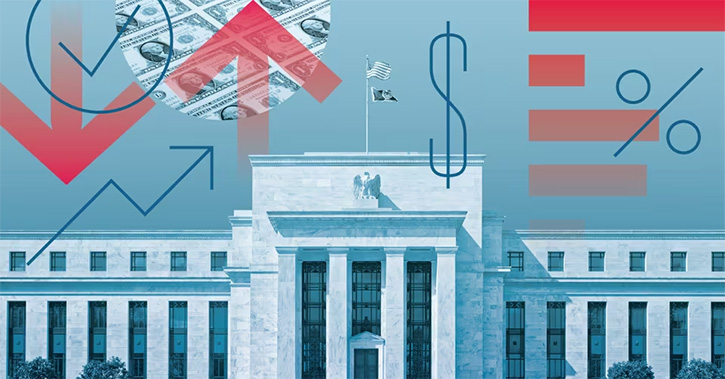Those reminiscent of 2008 may still share a sensitivity to the word ‘cycle’, however, the progression through a business cycle doesn’t necessarily lead to a predefined outcome.
There are ways you could, and should, be positioning your portfolio to help ensure your holdings can ride, if not surf, the tide, according to Paul MacDonald, CIO & Portfolio Manager at Harvest ETFs, managed by Harvest Portfolios Group.
“The business cycle in North America is maturing. It is not the end of the cycle. It is not a bad thing and is not an end of the bull market,” says MacDonald, adding that he believes we are mid-late cycle and that investors should be focusing on quality companies as well as adding some defensive exposure that can perform well during the late stages of the cycle.
Go on the defensive
Defensive sectors include utilities, hard assets like real estate and certain consumer staples. These businesses tend to have consistent cash flows and predictable dividend streams. Given these characteristics, the underlying stocks tend to perform well when the cycle is maturing, and growth is slowing.
Andrew Bischof, Senior Equity Analyst at Morningstar notes that the earnings of utility companies are based off rates set by regulatory agencies and capital expenditures, which allows them to be less sensitive to market cyclicality.
Consumer staples can be a predictable sector as well, however MacDonald cautions that you need to be careful not to indirectly expose yourself to market cyclicality. Some of the underlying businesses and ingredients in staples are more variable and some of those businesses may be more cyclical than others. And currently valuations in staples in the US are high, he warns.
MacDonald oversees Harvest Equal Weight Global Utilities Income ETF (HUTL) which holds a portfolio of 30 utility, telecom and pipeline stocks that are rebalanced and reconstituted quarterly. The portfolio is then equally weighted based on the largest market capitalizations. The currency is hedged, and it is priced at a .50% management fee.
REITs also tend to offer consistent cash flows and some have the ability to increase rents more rapidly during times of economic expansion.
“The continued relative volatility of home prices may make it a bit tougher for investors looking for exposure to brick and mortar assets in this market. For income seeking investors who would like to benefit for the nature of real estate REITs could offer a valid liquid alternative,” says Ian Tam, director at Morningstar CPMS.
Disconnect from cyclicality with electricity
To bring stability in the latter half of a business cycle, here are two Canadian electric utilities, Fortis and Emera, that might be worth considering, says Bischof.
Fortis is a St. John's, Newfoundland and Labrador-based international diversified electric utility. Fortis owns and operates utility transmission and distribution assets in Canada and the United States, serving more than 2.5 million electricity and gas customers. As of February 1, 2019, Fortis is rated 5 stars, with a dividend yield of 3.68%
Emera is a Halifax-based, but is geographically diverse electric utility, providing energy and services in electricity generation, transmission, and distribution as well as gas transmission and utility energy services. Emera has operations throughout North America and in four Caribbean countries. Emera targets having 75%-85% of its adjusted earnings come from rate-regulated businesses, with the remainder coming from merchant generation. The company surpassed this target in 2017 with over 95% of earnings regulated. As of February 1, 2019, Emera has a dividend yield of 4.99%.
However, these defensive bets don’t come with out risks, Bischof says. As earnings are set by regulators, you’re prone to political risk. You’re also subject to interest rate risks.
Higher competing government interest rates can cause some pressure on the underlying securities of utilities, MacDonald adds, but generally with a limited impact on the dividend streams the companies are paying.




















